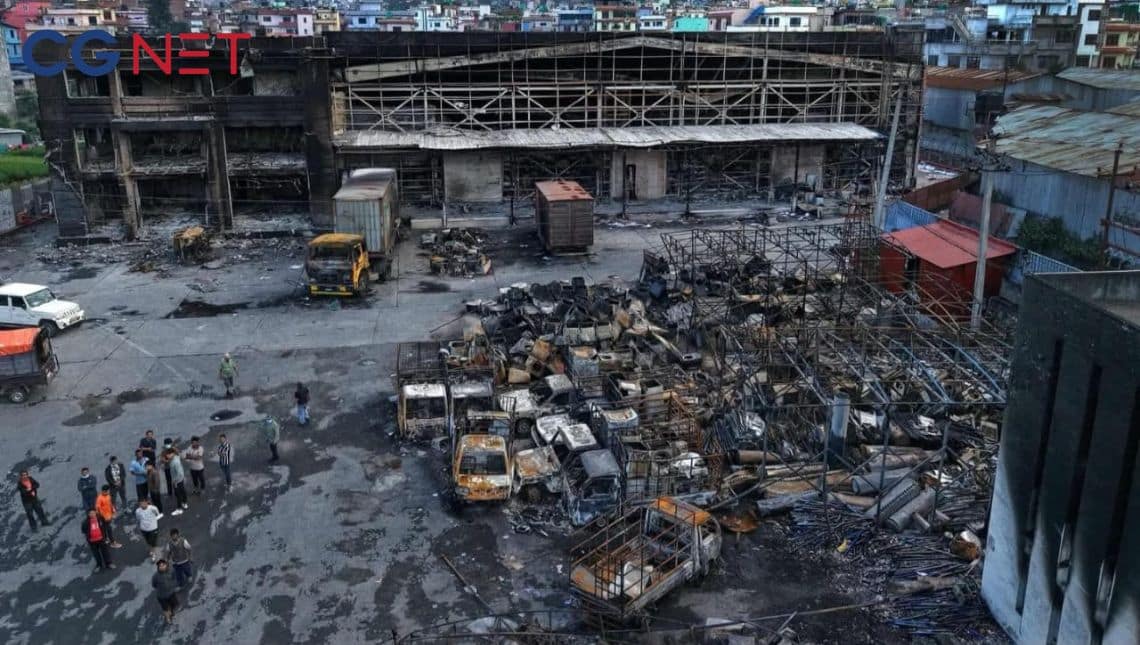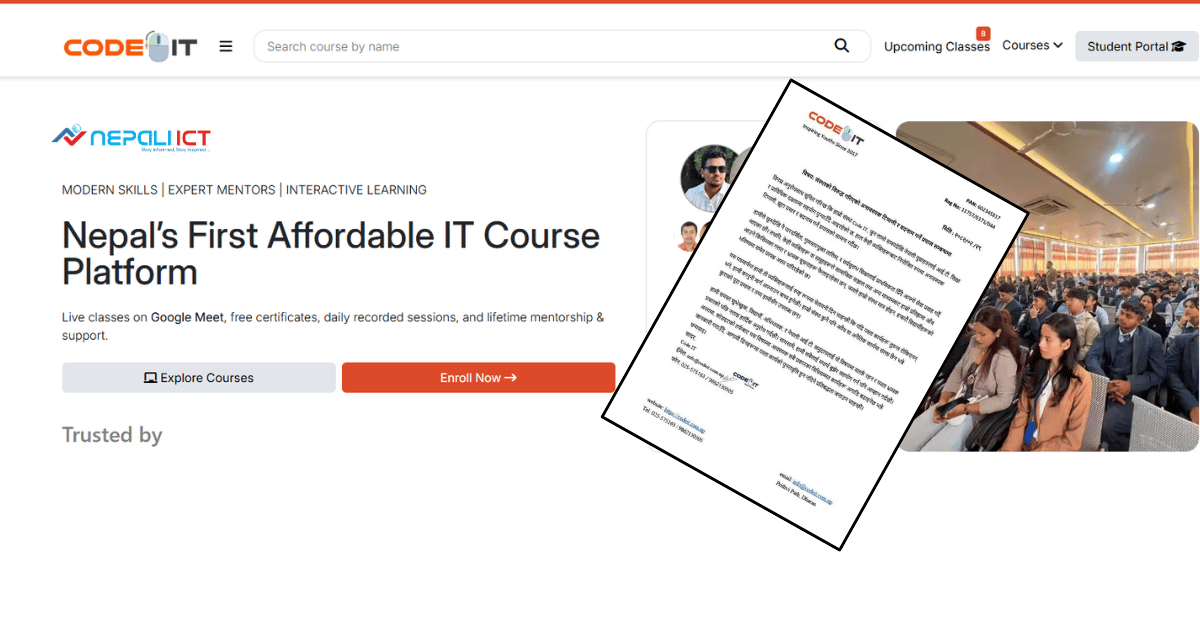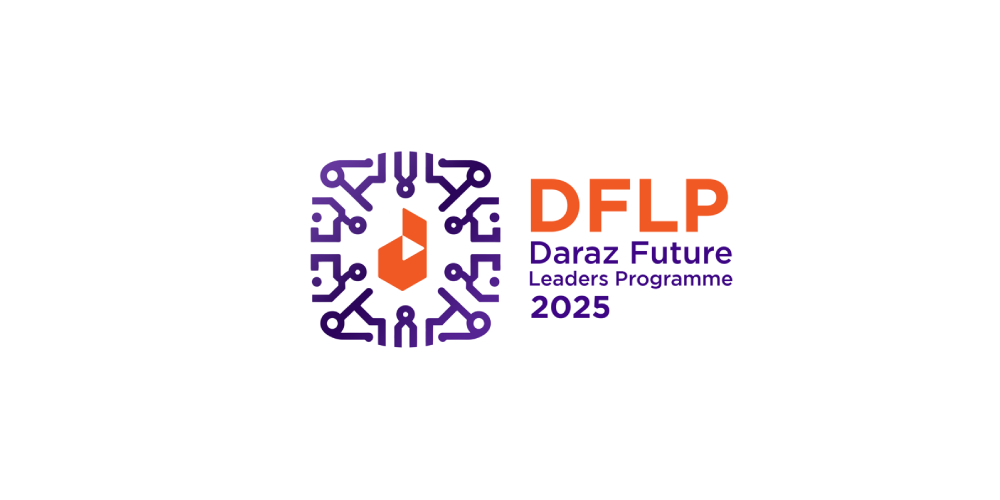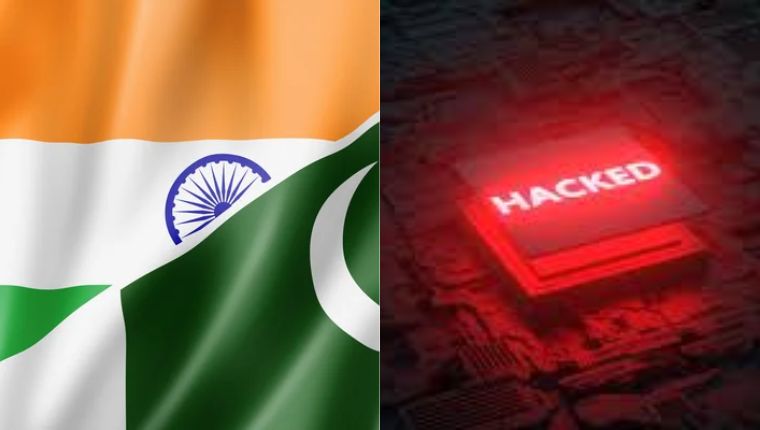Kathmandu — A digital conflict is intensifying between hacking groups from India and Pakistan, with both sides targeting sensitive systems.
The Pakistan Cyber Force recently claimed it had hacked into key Indian military and defense research websites, including the Military Engineering Services (MES) and Manohar Parrikar Institute for Defence Studies and Analyses (MP-IDSA).
In retaliation, a group called the Indian Cyber Force announced that it had taken control of over 1,000 CCTV cameras in Pakistan. According to posts on X (formerly Twitter) and Telegram, the hacked cameras were located in government offices, industrial zones, banks, ATMs, schools, and private companies.
To prove their claim, the Indian group released a short clip from the surveillance footage.
In a more serious breach, the same group said it had leaked personal data of over 150,000 students from Islamia University Bahawalpur. The leaked 38.2 MB file reportedly includes names, national ID numbers, phone numbers, email addresses, passwords, payment details, and residential information.
Experts are calling this part of a growing trend of hacktivism — hacking driven by political motives — in South Asia. On India’s side, both Indian Cyber Force and Indian Cyber Defence are said to be actively launching attacks. Meanwhile, some hacker groups from Islamic countries are running campaigns like #OPIndia to target Indian servers and platforms.

Nepaliict
- iPhone 17 Nepal Launch: Price, Features & Availability Guide 2025
- AI Chatbots Being Used to Create Dangerous Email Scams Targeting Elderly People
- How to Turn Off Autoplay on Your Social Media Feeds: Complete Platform Guide
- CG Net Data Center Destroyed by Arson Attack: Internet Services Gradually Resuming
- Hukut Store Launches Exciting ‘Spin and Win’ Dashain Offer: Win Scooters to iPhone 17





















Comments